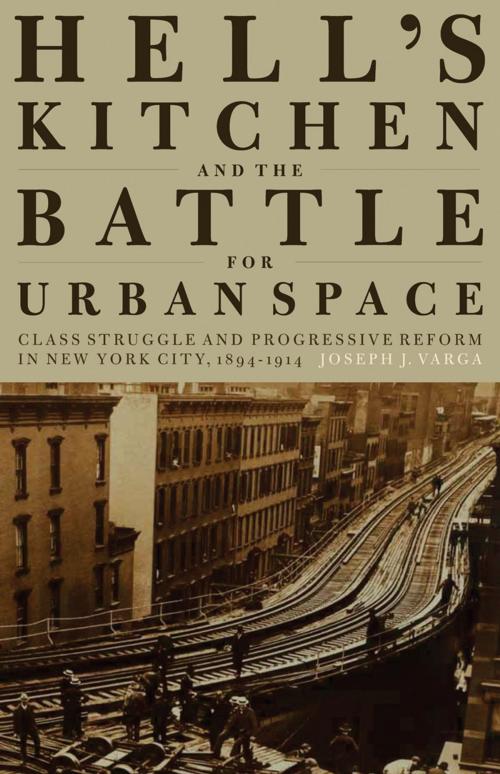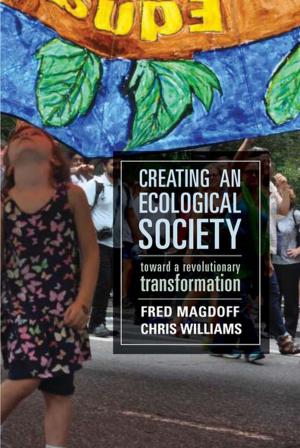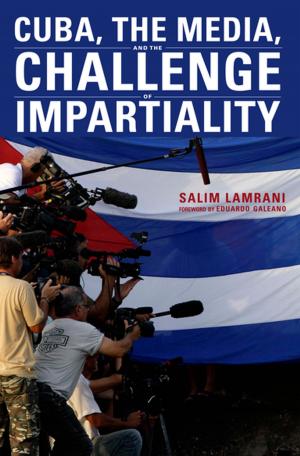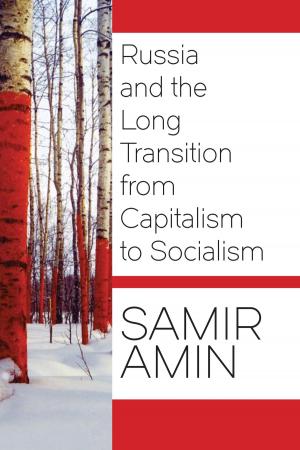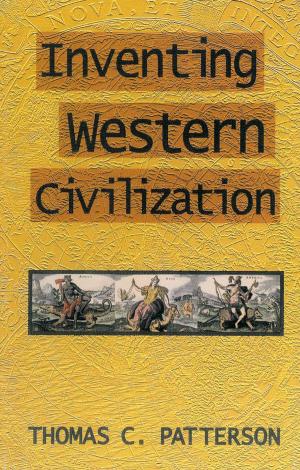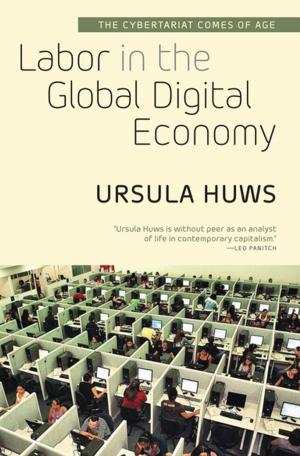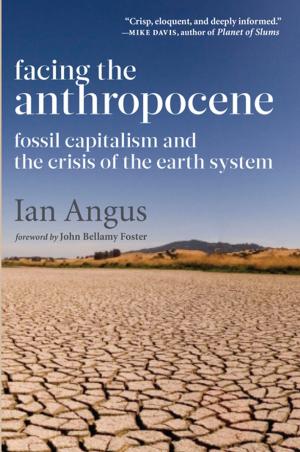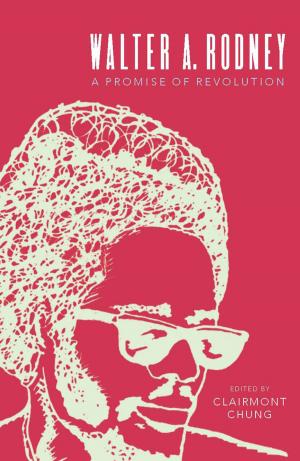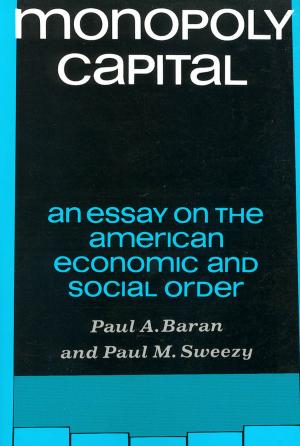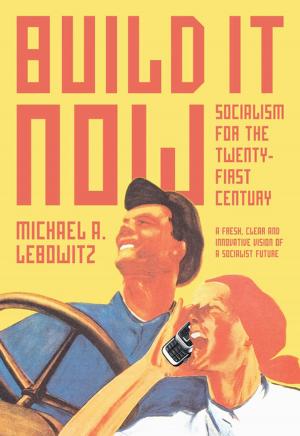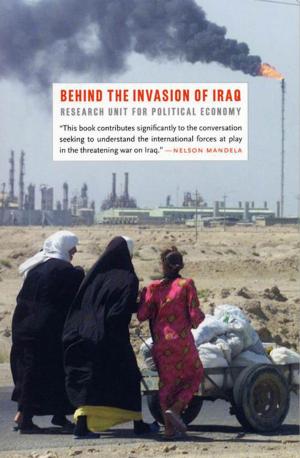Hell's Kitchen and the Battle for Urban Space
Class Struggle and Progressive Reform in New York City, 1894-1914
Nonfiction, Social & Cultural Studies, Political Science, Politics, City Planning & Urban Development| Author: | Joseph J. Varga | ISBN: | 9781583673508 |
| Publisher: | Monthly Review Press | Publication: | May 1, 2013 |
| Imprint: | Monthly Review Press | Language: | English |
| Author: | Joseph J. Varga |
| ISBN: | 9781583673508 |
| Publisher: | Monthly Review Press |
| Publication: | May 1, 2013 |
| Imprint: | Monthly Review Press |
| Language: | English |
Hell’s Kitchen is among Manhattan’s most storied and studied neighborhoods. A working-class district situated next to the West Side’s middle- and upper-class residential districts, it has long attracted the focus of artists and urban planners, writers and reformers. Now, Joseph Varga takes us on a tour of Hell’s Kitchen with an eye toward what we usually take for granted: space, and, particularly, how urban spaces are produced, controlled, and contested by different class and political forces. Varga examines events and locations in a crucial period in the formation of the Hell’s Kitchen neighborhood, the Progressive Era, and describes how reformers sought to shape the behavior and experiences of its inhabitants by manipulating the built environment. But those inhabitants had plans of their own, and thus ensued a struggle over the very spaces—public and private, commercial and personal—in which they lived. Varga insightfully considers the interactions between human actors, the built environment, and the natural landscape, and suggests how the production of and struggle over space influence what we think and how we live. In the process, he raises incisive questions about the meaning of community, citizenship, and democracy itself.
Hell’s Kitchen is among Manhattan’s most storied and studied neighborhoods. A working-class district situated next to the West Side’s middle- and upper-class residential districts, it has long attracted the focus of artists and urban planners, writers and reformers. Now, Joseph Varga takes us on a tour of Hell’s Kitchen with an eye toward what we usually take for granted: space, and, particularly, how urban spaces are produced, controlled, and contested by different class and political forces. Varga examines events and locations in a crucial period in the formation of the Hell’s Kitchen neighborhood, the Progressive Era, and describes how reformers sought to shape the behavior and experiences of its inhabitants by manipulating the built environment. But those inhabitants had plans of their own, and thus ensued a struggle over the very spaces—public and private, commercial and personal—in which they lived. Varga insightfully considers the interactions between human actors, the built environment, and the natural landscape, and suggests how the production of and struggle over space influence what we think and how we live. In the process, he raises incisive questions about the meaning of community, citizenship, and democracy itself.
